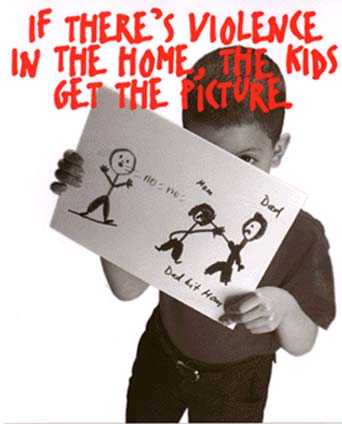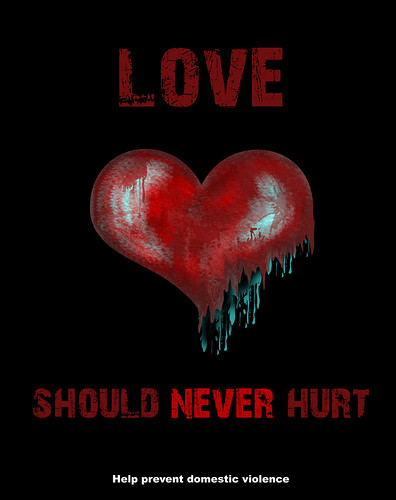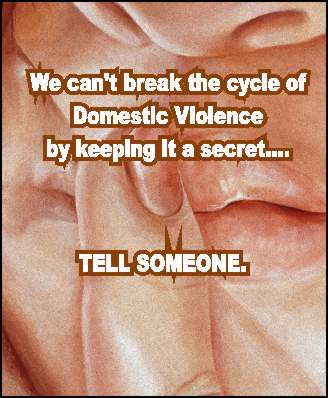
Women’s inability to negotiate safe sex and refuse unwanted sex is closely linked to the high prevalence HIV/AIDS. Unwanted sex — from being unable to say “no!” to a partner and be heard, to sexual assault such as rape — results in a higher risk of abrasion and bleeding, providing a ready avenue for transmission of the virus. Both realities obliterate women’s ability to protect themselves from infection.Violence is a cause as well as a consequence of HIV/AIDS: for many women, the fear of violence prevents them from declaring their HIV-positive status and seeking help and treatment. They have been driven from their homes, left destitute, been ostracized by their families and community, and subjected to extreme physical and emotional abuse. In 1998 Gugu Dhlamini was stoned to death by men in her community in South Africa, after she declared her positive status on radio and television on World AIDS Day.

Young women are particularly vulnerable to coerced sex and are increasingly being infected with HIV/AIDS. Over half of new HIV infections world-wide are occurring among young people between the ages of 15 to 24, and over 60 per cent of HIV-positive youth between the ages of 15 to 24 are women. A study conducted in Tanzania in 2001 found that HIV-positive women were over 2 and half times more likely than HIV-negative women to have experienced violence perpetrated by their current partner.A 2002 UNIFEM-sponsored report on the impact of armed conflict on women underscores how the chaotic and brutal circumstances of armed conflict aggravate all the factors that fuel the crisis. Tragically and most cruelly, in many conflicts, the planned and purposeful HIV infection of women has been a tool of war, often pitting one ethnic group against another, such as what occurred in Rwanda


















No comments:
Post a Comment